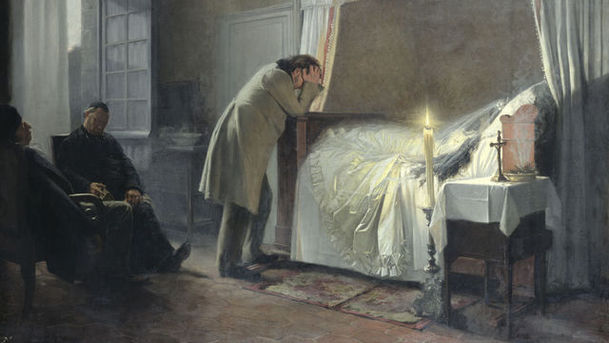In Our Time - Madame Bovary

Melvyn Bragg and guests discuss the literary sensation caused by Gustave Flaubert's novel Madame Bovary. In January 1857 a man called Ernest Pinard stood up in a crowded courtroom and declared, “Art that observes no rule is no longer art; it is like a woman who disrobes completely. To impose the one rule of public decency on art is not to subjugate it but to honour itâ€. Pinard was no grumbling hack, he was the imperial prosecutor of France, and facing him across the courtroom was the writer Gustave Flaubert. Flaubert’s work had been declared “an affront to decent comportment and religious moralityâ€. It was a novel called Madame Bovary. The story of an adulterous housewife called Emma, Madame Bovary, is a vital staging post in the development of realism. The arguments in court involved a heady brew of art, morality, sex and marriage and ensured the fame of the novel and its author. With Andy Martin, Lecturer in French at the University of Cambridge; Mary Orr, Professor of French at the University of Southampton; Robert Gildea, Professor of Modern History at the University of Oxford